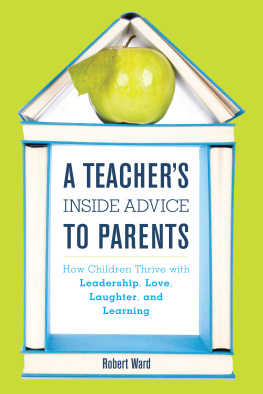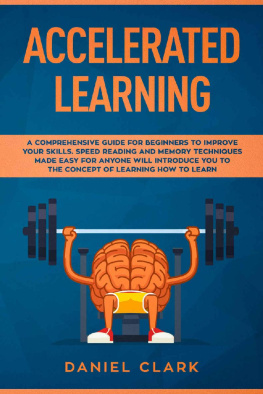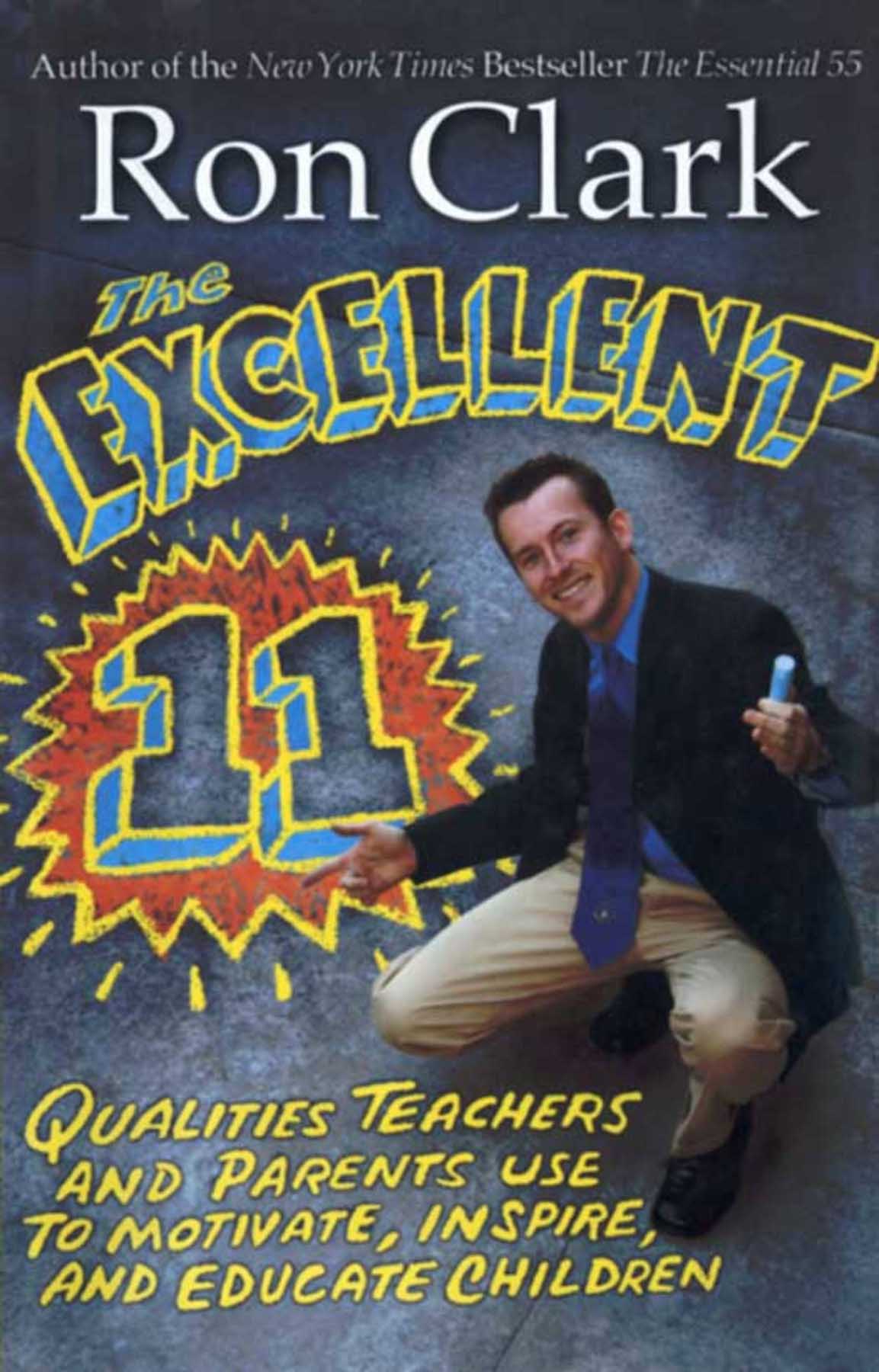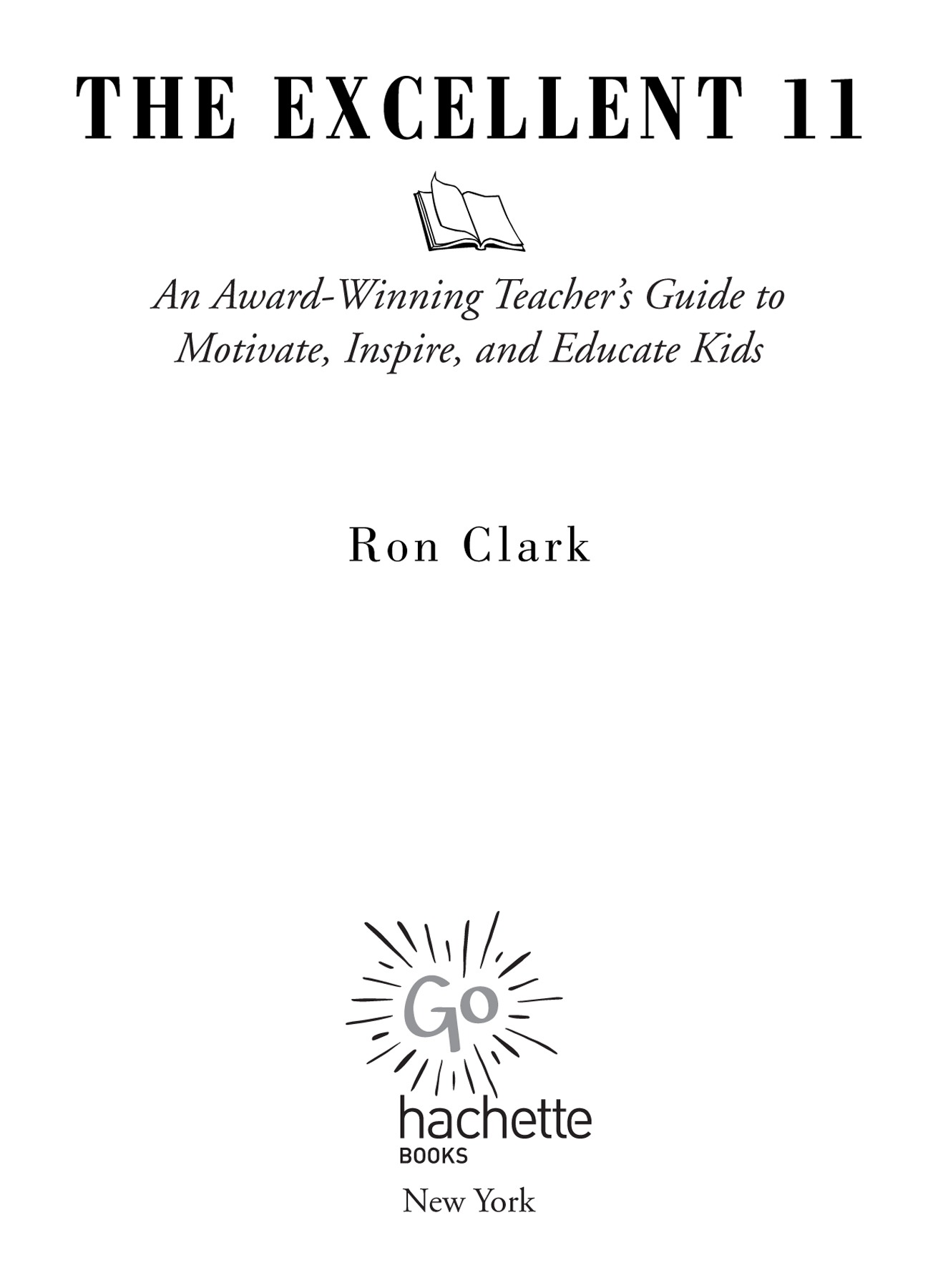M RS. OWENS SCARED THE DEATH Out of me. She taught me biology, chemistry, and physics in high school, and those were three years I spent in complete fear of her wrath. Each day I would walk in Mrs. Owenss classroom to be met with her intense face, those piercing eyes hidden below her strong brow, and that gray hair swooping upward to give her already tall stature even more of an ominous presence. Yeah, I was scared.
Her appearance, however, was only the beginning. Mrs. Owens was the most demanding individual I have ever met. She would often declare in her bellowing voice, I insist that you all succeed! Now apply yourself! Her tests were brutal, and taking notes was a nightmare. I would have to run from my third period class to get to her room, and before I even made it and before the bell had rung, she would already be lecturing away. My classmates and I would be falling over one another to get in our seats and get started. Her room had chalkboards on all four walls, and she would fill up every inch of space on them, talking away all the while about grams, molecules, and weights. She would then pause, stand upright, look around, and finally say with intensity, I need board space.
After all I went through during those three years, I was surprised to find that once I started teaching, I drew one very important lesson from Mrs. Owens: When you are dealing with children, above all else you must have passion. I learned more from Mrs. Owens than any other teacher I have ever had. When I got to college, all of my science courses were a breeze. As I took my exams, I could see Mrs. Owens standing over me and lecturing about everything from electrons to protoplasm. Her passion and enthusiasm for her subjects were infectious, and we all worked three times as hard in her class as we did in the others. I remember one time when Mrs. Owens was having problems with her back. She came to school on a stretcher (no exaggeration) and, lying flat on her back, wheeled herself around the room from chalkboard to chalkboard. She claimed she would let nothing short of death come between her students and their education.
As I started to teach, I tried to carry that fire and determination with me as well. I attempted, however, to temper that drive with another very important component: compassion. I can remember my first day of kindergarten. I was crying and didnt want Mom to leave, and Mrs. Clark, my teacher, was trying her best to calm me down. Mrs. Clark was an elderly lady with a kind face, gentle hands, and warm spirit. She looked down and told me that my shoes were untied, and I told her I didnt know how to tie them. She just smiled and said, Now that wont do, will it? She started helping me tie my shoes, and after a few minutes she said, You see, you can tie your shoes, and thats only one of the many things you will learn this year. I looked up, my eyes dry, and saw that Mom was gone. She had slipped out and allowed me to take that step on my own. She later told me that she sat in the parking lot and cried for an hour, but I am glad she didnt come back in. Mrs. Clarks kindness and sweet voice had won me over, and I felt safe and loved in her classroom.
As I look back over my time as a student, there were so many wonderful qualities shared by my teachers. I can remember loving the spark of energy that I experienced every day in Mrs. Roachs second grade class. It was one adventure after the next, and I loved never knowing what to expect. I told her one day how my favorite song was Funky Town, and I asked her if I could bring it in to share with the class. I was shocked to hear her say, Only if you will dance with me in front of everyone and show them how to get funky. I agreed, and the next day we danced and danced and laughed until we both fell on the floor.
The best teachers I ever had, my parents, taught me more about qualities that are needed when dealing with children than anyone Ive ever known. They always took the time to remind me of the importance and lasting effects of showing appreciation, the value of common sense, and the need for humor and laughter in the lives of us all. They are so loving and dear to me, and I can never thank them enough for the sacrifices they made for me and their dedication in trying to raise me in the best possible way.
This past year I have had the opportunity to travel all over the country, to leave my classroom and enter those of others, to speak to teachers and parents, and to learn about education in America. It has been a wonderful and magnificent journey that I wouldnt trade for anything in the world. On my travels to schools and districts in forty-nine states I have met numerous people who also possess the special qualities shared by many of my teachers and my parents. After meeting so many exceptional individuals I decided to compile a list of the eleven qualities that seem to be present in all exceptional teachers, parents, and students. These are the qualities that I have seen others display and are also the ones that I discovered were necessary for me to become the best teacher I felt I could possibly be.
I hope this serves as a guide to you and assists you not only as you display these qualities yourself but also as you attempt to impart them to the hearts and minds of your children and students.
Your enthusiasm will be infectious, stimulating,
and attractive to others. They will love you for it.
They will go for you and with you.
NORMAN VINCENT PEALE (18981993)
I LIST THIS QUALITY first for a reason. Nothing is more important than having enthusiasm. If you are a teacher, the students will be excited about learning a lesson if you are eager and excited about teaching it. If you are a parent, children will care about things if they see that they mean a lot to you and that you are energized by them. Children are impressionable, and when they look to adults for guidance, we must inspire them and motivate them to want to learn, to have a desire to achieve, and to want to be the best person they can be.

Enthusiasm Is
ContagiousThe end-of-grade test scores are looked at very closely in North Carolina. At the end of one school year our faculty and staff were all nervous about hearing whether our school would be designated low-performing, just met growth, or was an exemplary school. We were in a financially disadvantaged area and always felt that we were playing catchup with our students, trying our best to get them on grade level. Some years we saw outstanding growth, but the students, no matter how far they came, didnt score on level. It was frustrating and demoralizing for all the teachers. Some individual teachers would get wonderful results with their students, but we didnt seem able to pull it all together as a school. In my fourth year at Snowden Elementary, however, the entire school was named an exemplary school. It was a huge boost to the teachers and staff, and we were all so excited that we wanted to do something to show the students how much their achievements meant to us. The ideas we came up with cost money, and since it was the end of the year, none of our plans seemed possible on such short notice. A group of us started talking about how neat it would be to have a teacher talent show as a salute to the students. We would dress up as our favorite musical stars from the sixties, seventies, eighties, or nineties and lip-sync before the entire body of students from pre-kindergarten through the eighth grade. I have this thing about surprises, so we agreed that we wouldnt tell the students what was going on; we would just take them to the gym-atorium one day and give them a huge shock!










 CONTENTS
CONTENTS Enthusiasm Is Contagious
Enthusiasm Is Contagious